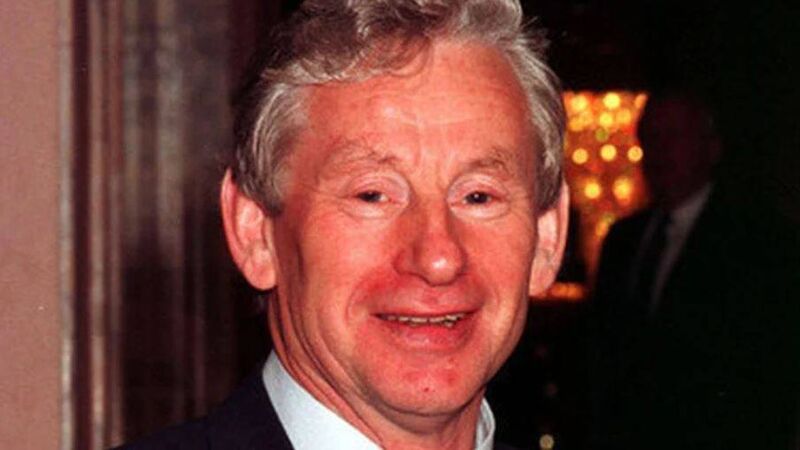The tenure of Cork’s Joe Barry — who died this week — at the head of RTÉ coincided with a remarkable transition for mass media and for the national broadcaster.
Mr Barry, from Dunmanway, worked for RTÉ for 41 years and sat on the RTÉ Authority for another four. When he joined the organisation, radio was the only form of broadcast output from the GPO studios in Dublin. It was not until 1958 that preparations started for the new medium of television, with the establishment of the Television Commission.
Already a subscriber? Sign in
You have reached your article limit.
Subscribe to access all of the Irish Examiner.
Annual €130 €80
Best value
Monthly €12€6 / month
Introductory offers for new customers. Annual billed once for first year. Renews at €130. Monthly initial discount (first 3 months) billed monthly, then €12 a month. Ts&Cs apply.
CONNECT WITH US TODAY
Be the first to know the latest news and updates














